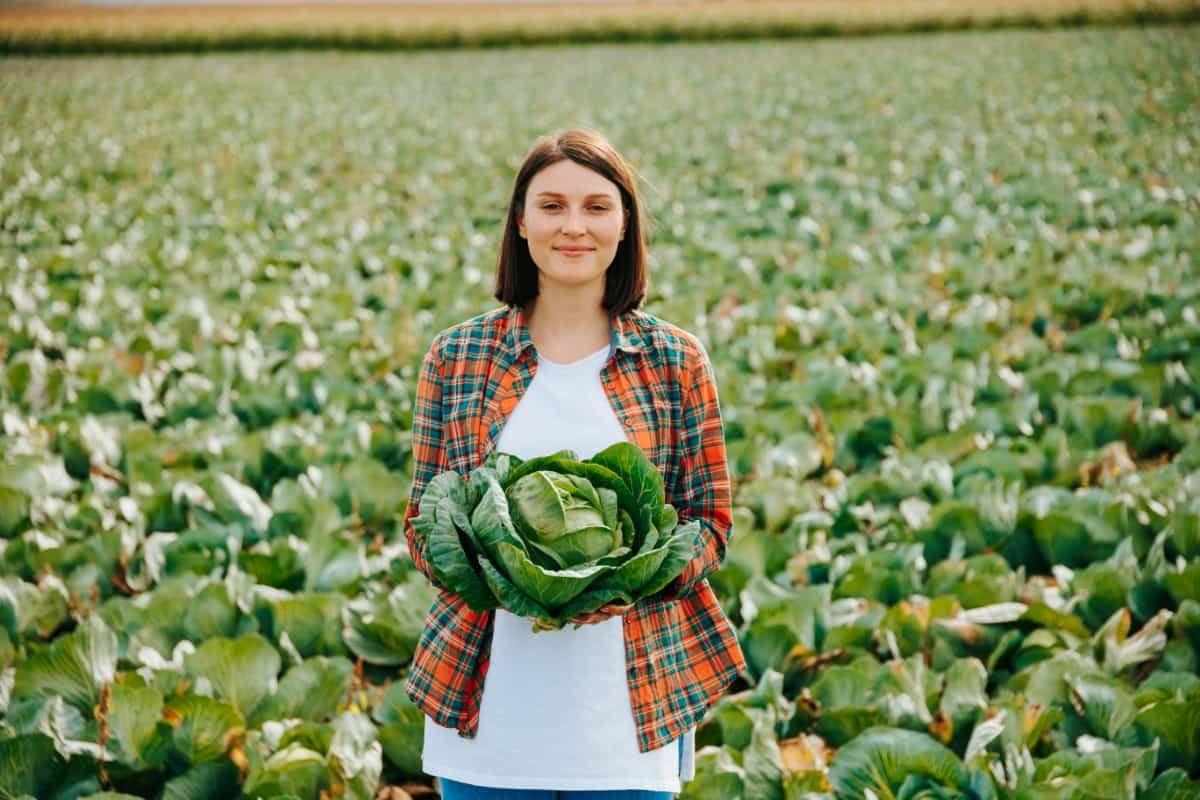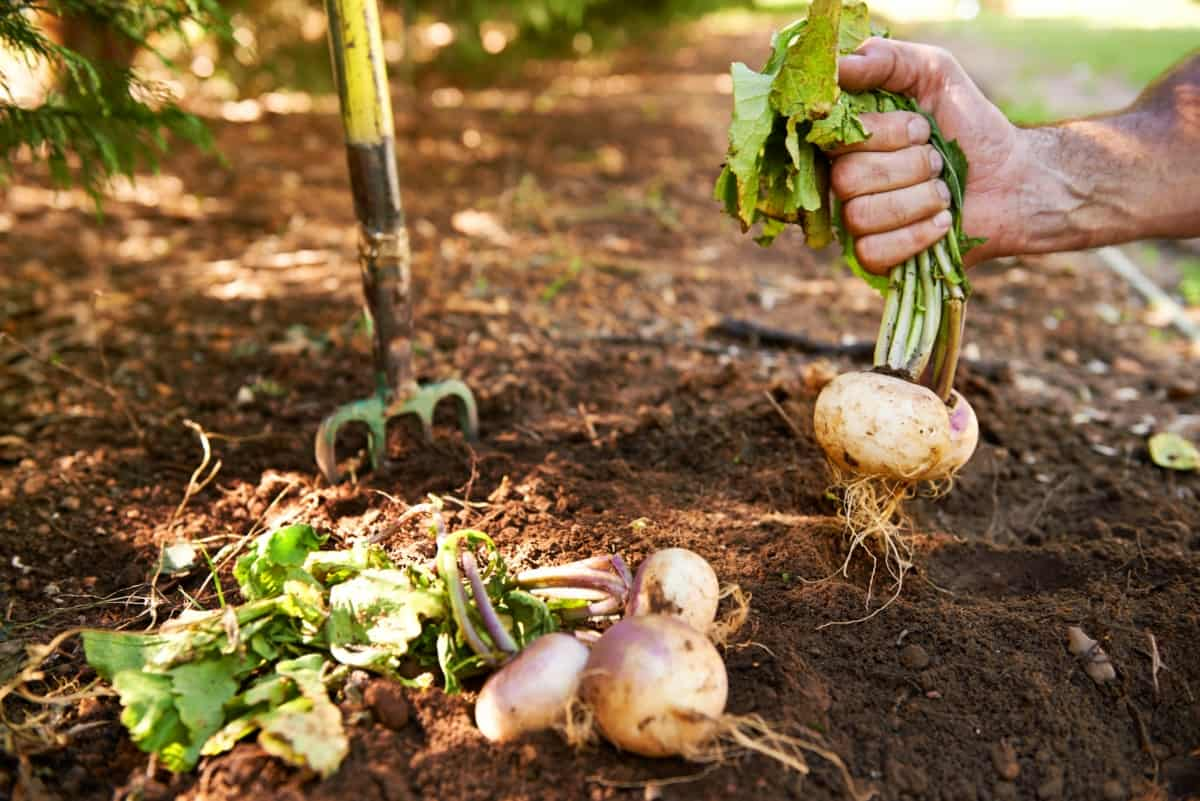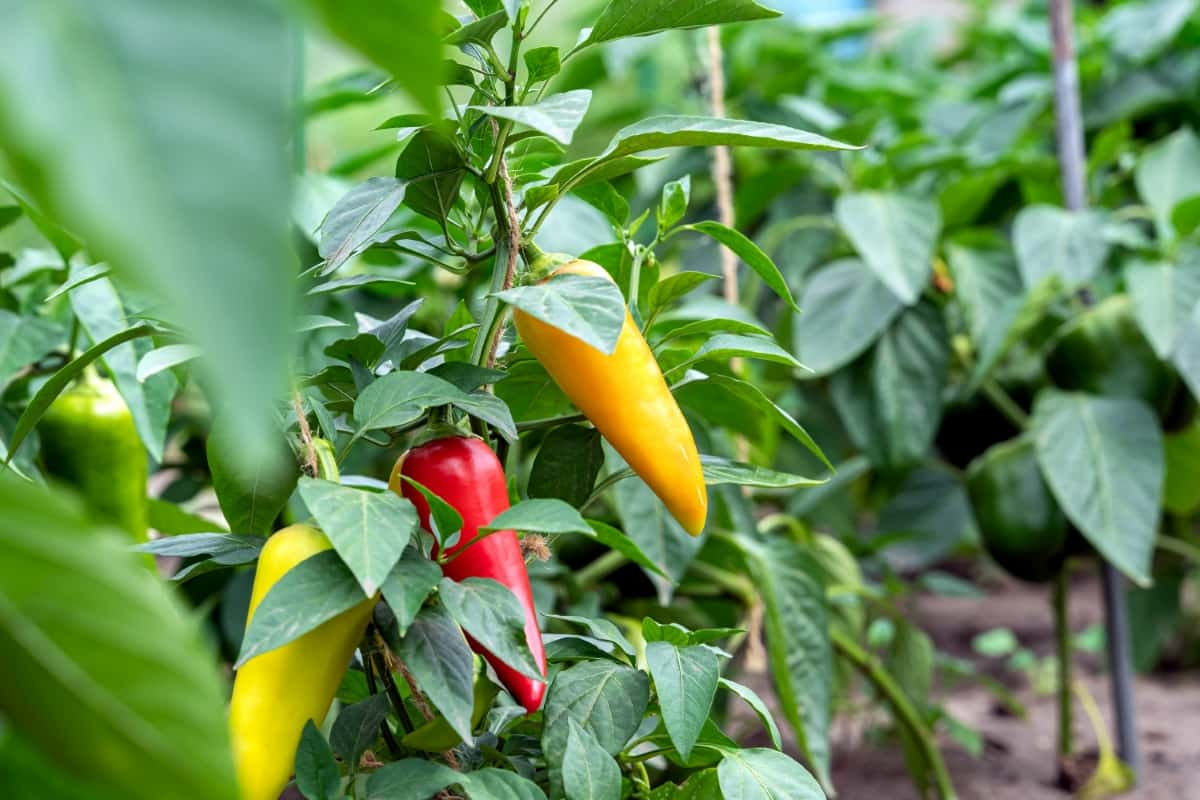Central Georgia has a unique climate characterized by hot summers, moderate winters, and a fairly long growing season, making it suitable for various vegetables. However, it’s crucial to understand when each vegetable should be planted to take advantage of the favorable conditions. In this comprehensive guide, we’ll explore the best vegetables in Central Georgia, provide tips for different planting seasons, and discuss how to manage pests and diseases that can affect your garden.

Central Georgia Vegetable Planting Calendar
Best Vegetables to Plant in Central Georgia
Choosing the right vegetables to plant in Central Georgia largely depends on the season, your personal preferences, and the specific needs of each vegetable. Here, we’ll discuss some vegetables known to thrive in the area’s climate. Tomatoes are an excellent choice for summer, as they love the heat and the sun. Varieties like Better Boy, Celebrity, and Cherokee Purple perform well in Central Georgia.
Cucumbers are also a favorite for summer gardens in this region. Slicing and pickling cucumbers can be planted directly in the ground or planted indoors and transplanted later. For the cooler months, broccoli, kale, and collards are perfect. These leafy greens thrive in the fall and spring, offering fresh, nutritious produce throughout these seasons. Finally, peppers, eggplants, and squash are excellent choices for Central Georgia gardens, adding a delightful variety to your harvest.
Vegetable Planting Calendar for Central Georgia Region
| Vegetable | Spring Planting Dates | Fall Planting Dates |
| Asparagus | Feb 15 – Mar 15 | – |
| Beans, Bush | Mar 15 – Apr 15 | Jul 15 – Aug 15 |
| Beans, Pole | Mar 15 – Apr 15 | Jul 15 – Aug 15 |
| Beets | Feb 1 – Mar 1 | Aug 1 – Sep 1 |
| Broccoli | Feb 1 – Mar 15 | Jul 15 – Aug 15 |
| Cabbage | Feb 1 – Mar 15 | Jul 15 – Aug 15 |
| Carrots | Feb 15 – Mar 15 | Aug 1 – Sep 15 |
| Corn, Sweet | Mar 15 – May 1 | Jul 15 – Jul 31 |
| Cucumbers | Mar 15 – Apr 15 | Jul 15 – Aug 15 |
| Eggplant | Apr 1 – May 1 | – |
| Lettuce | Feb 15 – Mar 15 | Sep 1 – Sep 30 |
| Okra | Apr 15 – May 15 | – |
| Onions, Bulb | Jan 15 – Feb 15 | – |
| Peas, Southern | Mar 15 – May 15 | Jul 1 – Aug 15 |
| Peppers | Apr 1 – May 1 | – |
| Potatoes, Irish | Feb 1 – Mar 15 | – |
| Radishes | Feb 15 – Apr 1 | Aug 15 – Sep 15 |
| Spinach | Feb 1 – Mar 1 | Sep 1 – Sep 30 |
| Squash, Summer | Mar 15 – Apr 15 | Jul 15 – Aug 15 |
| Squash, Winter | Apr 15 – Jun 1 | – |
| Tomatoes | Mar 15 – Apr 15 | – |
| Turnips | Feb 15 – Mar 15 | Jul 15 – Aug 15 |
Recommended Vegetables for Central Georgia Gardens
In addition to the vegetables already mentioned, there are many other great options for Central Georgia gardens. Beans, both bush and pole types, are recommended for spring and early summer planting. They grow well in the region’s warm weather and yield high. Cabbage is a great fall/winter vegetable.
Sweet corn is another great summer vegetable for Central Georgia. It requires full sun and plenty of space but offers a delicious reward in late summer. Finally, root vegetables like beets, carrots, and turnips are recommended for fall planting. These vegetables are frost-tolerant and can be harvested throughout the winter months.
Seasonal Vegetable Planting in Central Georgia
Planting vegetables seasonally allows you to make the most out of the Georgia climate while keeping your garden productive all year round. In spring, start with cool-season crops like peas, onions, lettuce, and spinach. As temperatures rise, transition to warm-season crops like tomatoes, cucumbers, and peppers.
In case you missed it: West Georgia Vegetable Planting Calendar: Gardening in Different Seasons and Month-Wise Schedule

During the summer, focus on heat-tolerant vegetables like okra, southern peas, and sweet potatoes. Plant cool-season crops again, like kale, broccoli, and Brussels sprouts as temperatures cool in fall. These plants thrive in cooler weather and will provide a bountiful harvest well into the winter months.
Vegetable Planting Tips for Central Georgia Climate
- Utilize the extended growing season: Central Georgia’s ample growing season offers the opportunity to cultivate diverse vegetables throughout the year. Maximize productivity by effectively strategizing and rotating your crops.
- Consider the summer heat: Summers can get quite hot in Central Georgia. Ensure your vegetables have ample water during the summer months, and consider using mulch to help retain moisture in the soil.
- Prepare for the occasional frost: Though winters are generally mild, there can be occasional frost. Plan your fall and winter crops accordingly, and consider using row covers or other protective measures for sensitive plants.
- Utilize companion planting: Some plants grow better together. Companion planting can help deter pests, promote growth, and increase yield.
Year-Round Vegetable Planting in Central Georgia
Central Georgia is an excellent place for year-round vegetable gardening with its long growing season and mild winters. The key is understanding which vegetables thrive each season and planning your garden accordingly. In the spring, start with cool-season crops like lettuce, spinach, and peas. As the weather warms, transition to heat-loving plants like tomatoes, cucumbers, and peppers.
In the scorching summer season, prioritize heat-resistant vegetables like okra, southern peas, and sweet potatoes. These plants can withstand the Georgia heat and keep your garden productive through the summer. In the fall, start planting cool-season crops again. Vegetables like broccoli, Brussels sprouts, and kale will thrive in the cooler weather and can often be harvested well into the winter months. In the winter, continue to harvest your fall crops and consider planting overwintering crops like garlic and onions.
Pest and Disease Management for Central Georgia Vegetable Gardens
Even with the best planting practices, pests, and diseases can be challenging for any garden. In Central Georgia, common pests include aphids, tomato hornworms, and cabbage loopers, while diseases can range from powdery mildew to bacterial wilt. Effective pest and disease management starts with prevention. If pests or diseases do appear, identify them quickly and take action.
In case you missed it: East Georgia Vegetable Planting Calendar: Gardening in Different Seasons and Month-Wise Schedule

This can range from manually removing pests to using organic or chemical pesticides. Diseases can often be controlled through pruning or, in severe cases, removing the affected plants. Remember, a healthy garden is the best defense against pests and diseases. Effective garden maintenance, including consistent watering, appropriate fertilization, and meticulous hygiene practices, greatly contribute to your garden’s long-term vitality and productivity.
Conclusion
Central Georgia’s climate is ideal for a variety of vegetables. With proper planning, you can enjoy a productive garden all year round.
- Feed Your Flock for Less: Top 10 Tips to Save on Chicken Feed
- Ultimate Guide to Ossabaw Island Hog: Breeding, Raising, Diet, and Care
- Hatching Answers: The Top 10 Reasons Your Chickens Aren’t Laying Eggs
- Eggs and Economics: Breaking Down the Cost of Raising Backyard Chickens
- Defend Your Greens: Proven Methods to Keep Iguanas Out of Your Garden
- Ultimate Guide to Cinnamon Queen Chicken: A Comprehensive Guide for Beginners
- Ultimate Guide to California Tan Chicken: Breeding, Raising, Diet, Egg-Production and Care
- Ultimate Guide to Marsh Daisy Chicken: Breeding, Raising, Diet, and Care
- 10 Types of Chicken Farming Businesses You Can Start for Profits